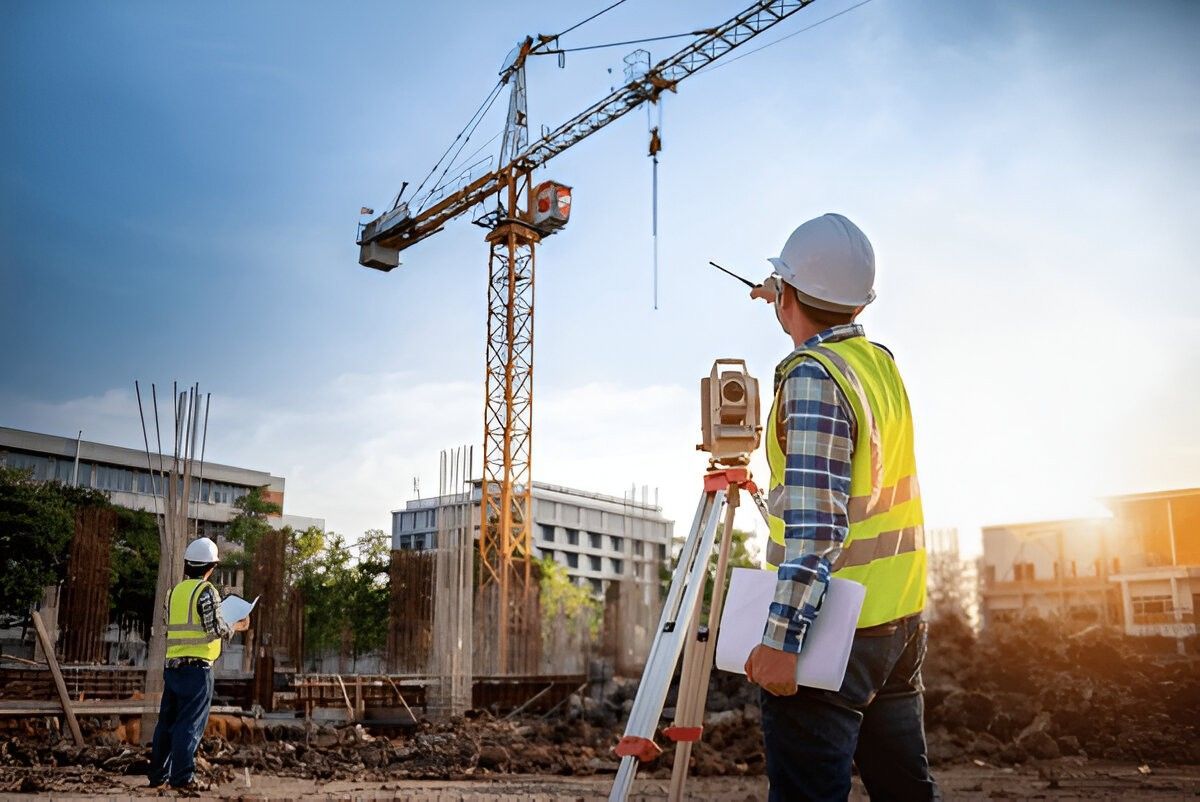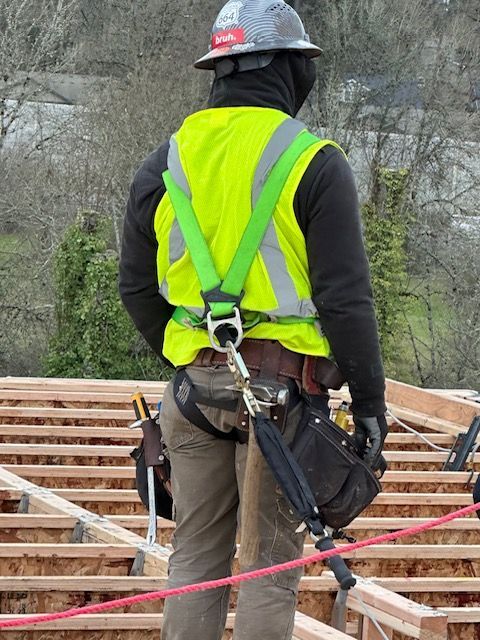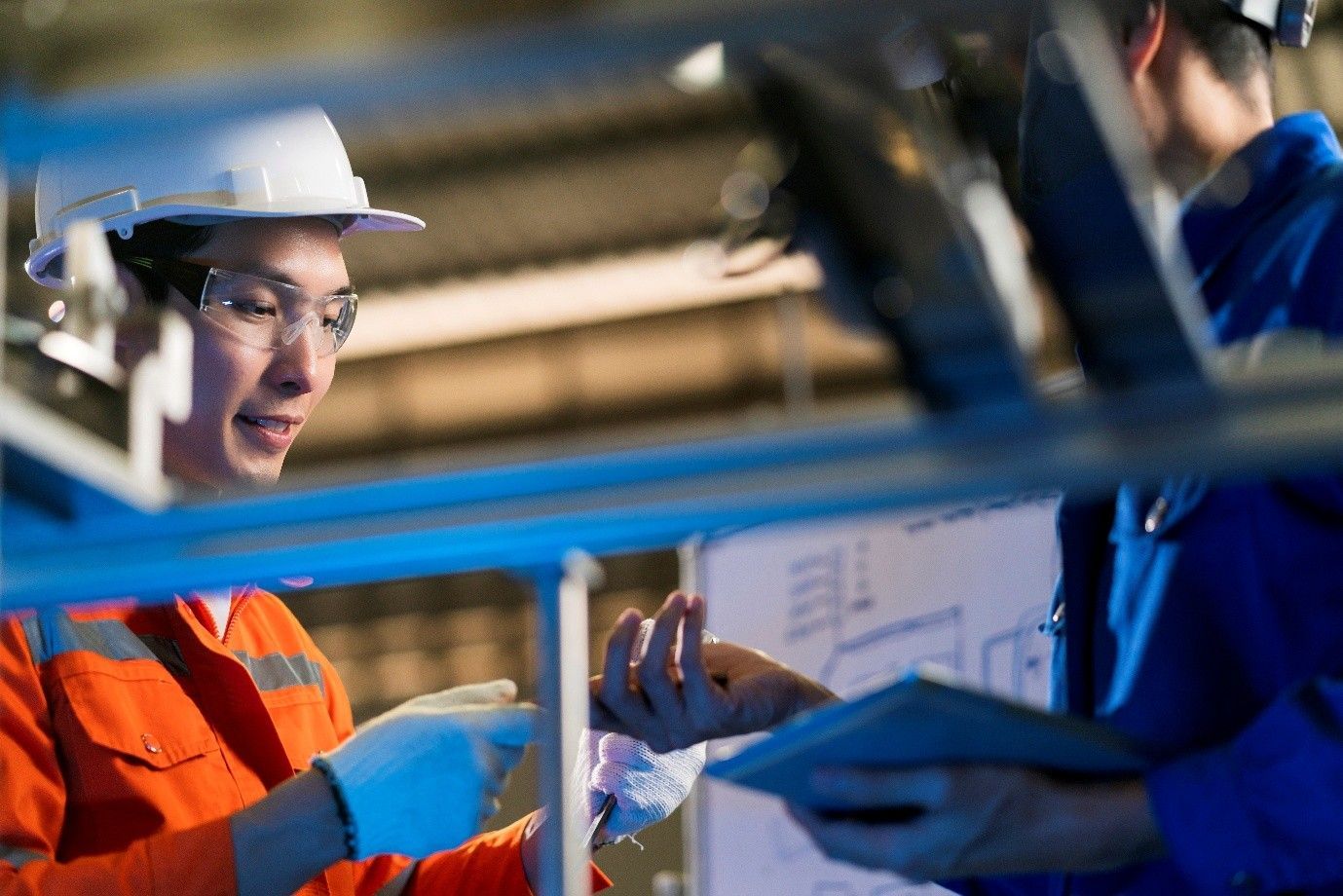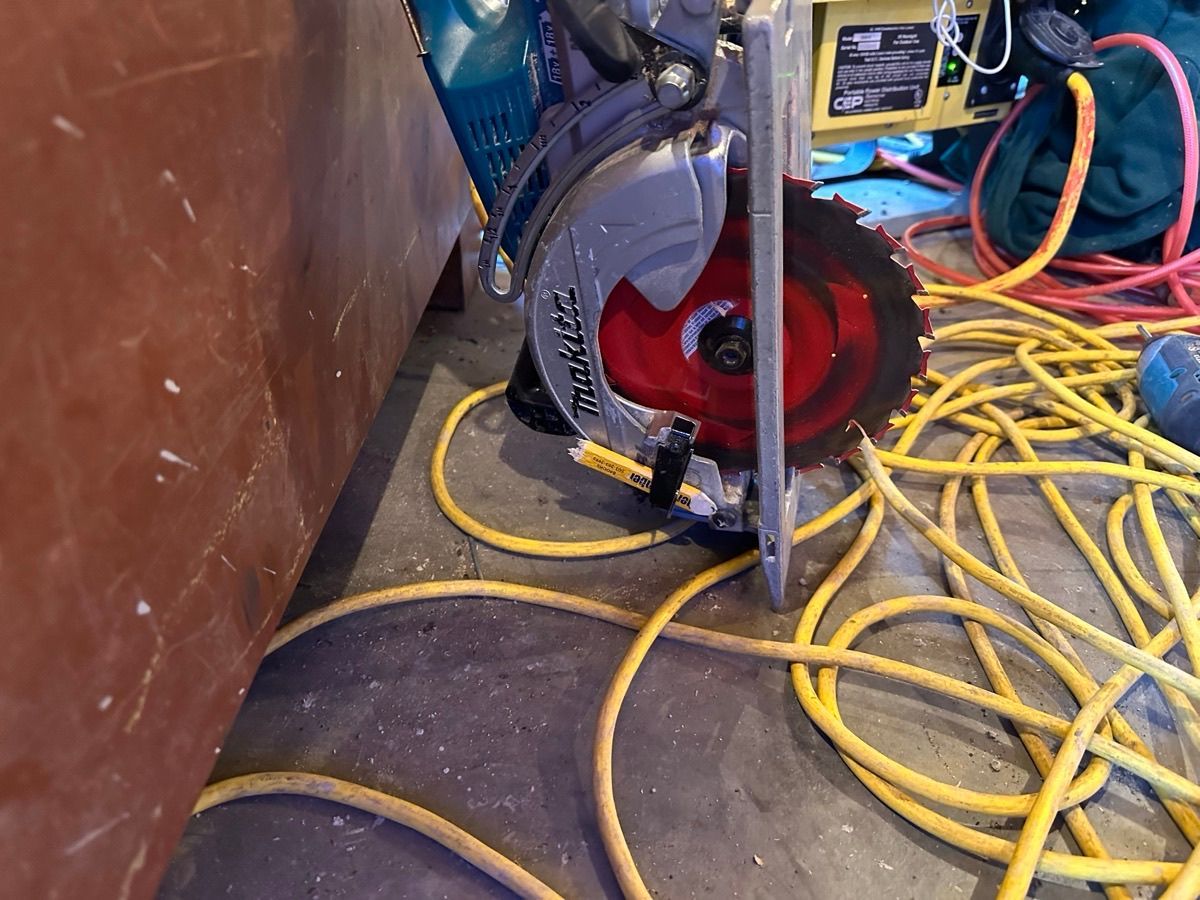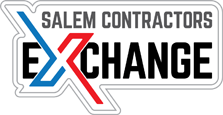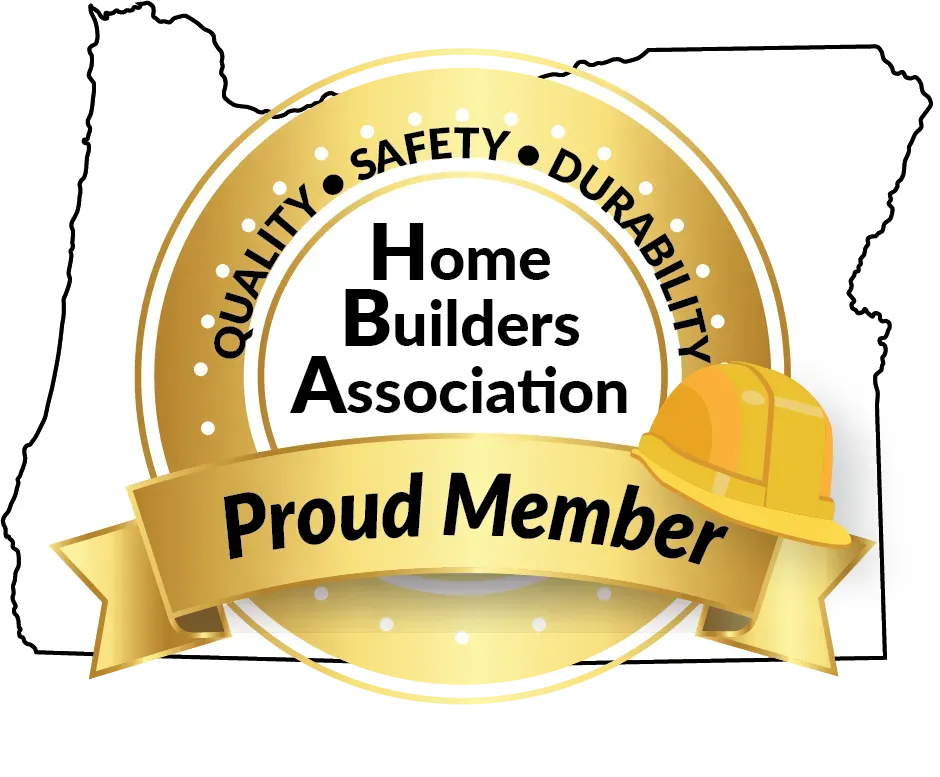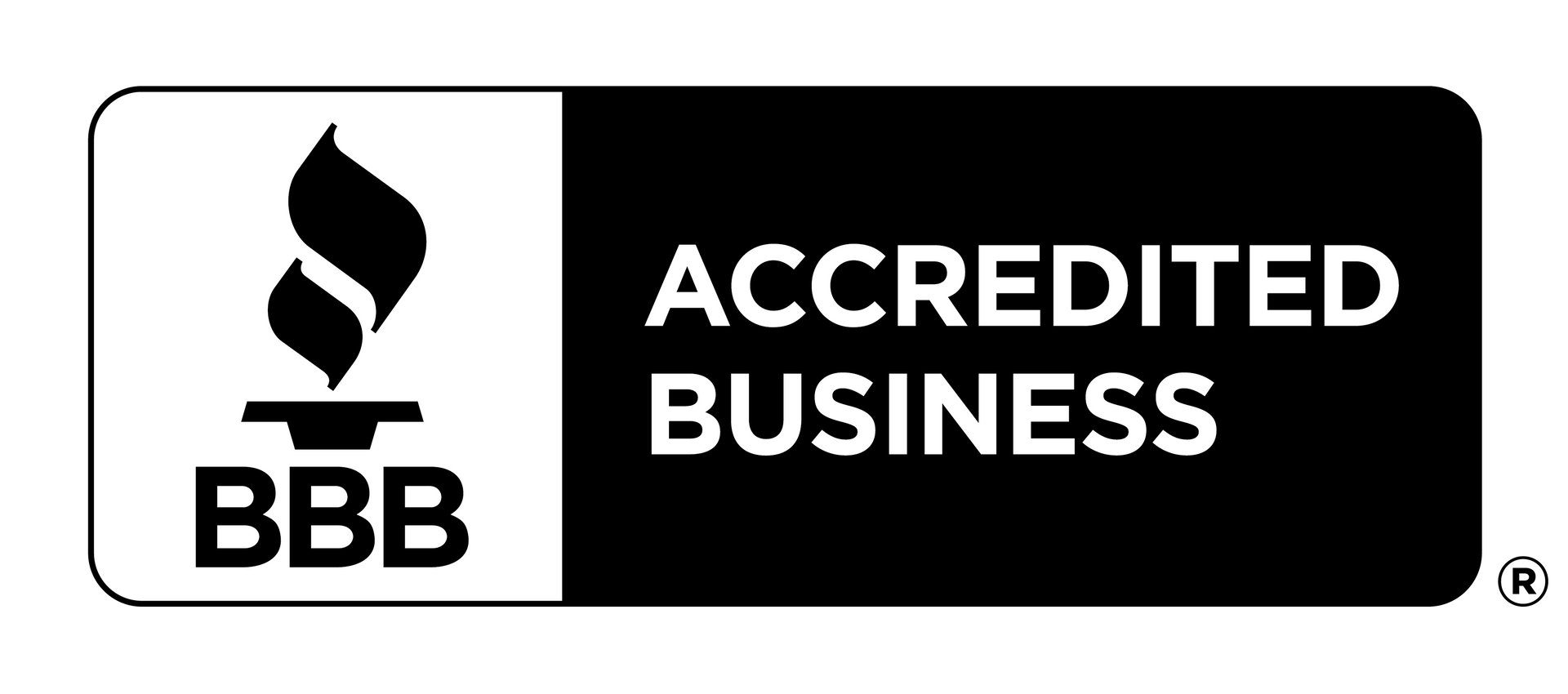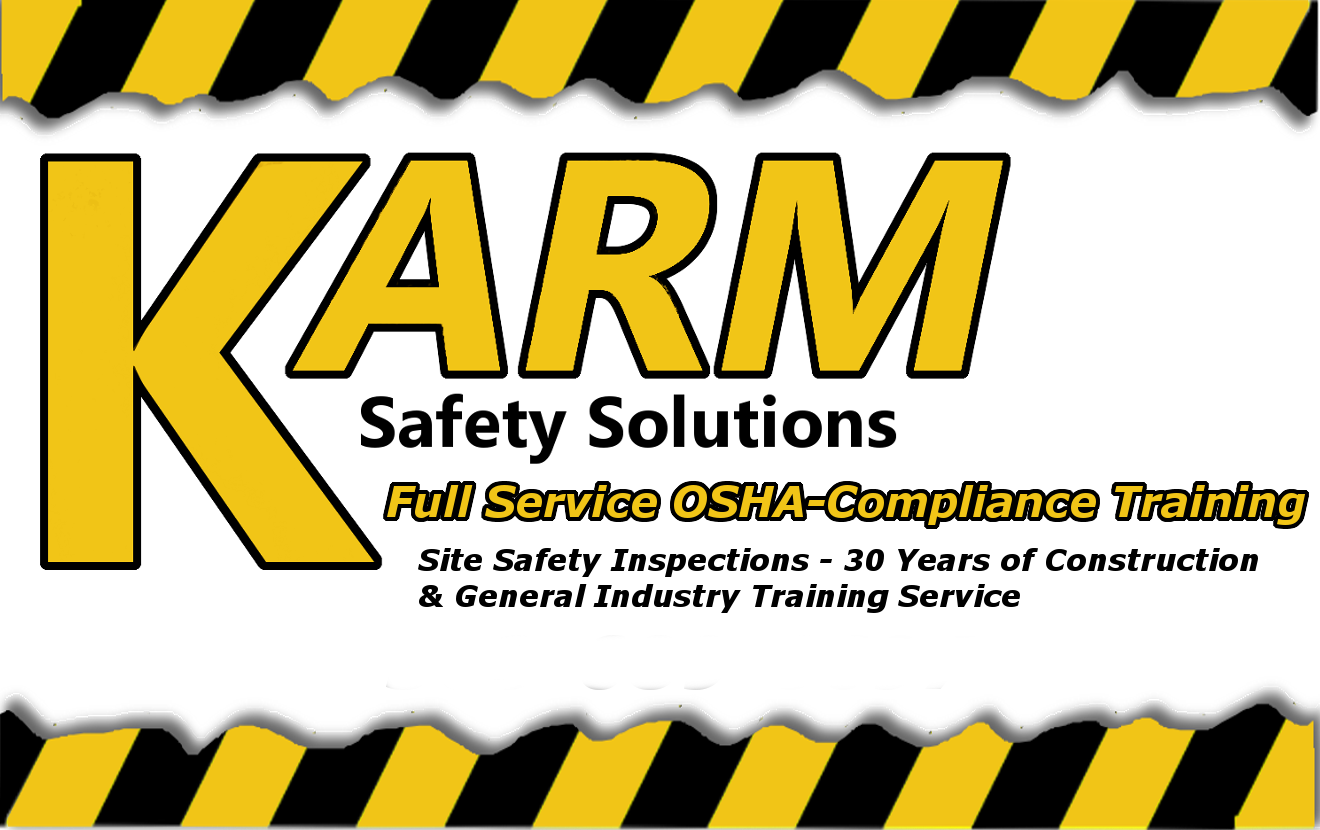One Certification, Countless Opportunities: Why Forklift Training Is in Demand
Forklifts are a key part of operations in warehousing, logistics, construction, and industrial worksites. Employers are constantly on the lookout for trained operators who can move materials safely and efficiently. A question that often arises is: Do you need a license to drive a forklift? The answer is yes. According to OSHA regulations, formal training and evaluation are required to operate powered industrial trucks, including forklifts. Certification not only ensures legal compliance but also leads to better job security, pay, and promotion opportunities.
More Than a Machine: What Makes Forklift Training Vital
Forklift operation isn’t just about moving pallets. It involves load assessments, navigating tight spaces, understanding vehicle controls, and spotting site hazards. Accidents involving forklifts are usually serious, with potential for injury, equipment loss, or downtime. Training reduces risks, increases productivity, and shows that safety comes first. It gives operators the confidence to work independently and under pressure, skills employers value highly.
Workplace Safety Starts with the Operator
Safety begins long before the engine turns on. Pre-inspections, understanding load limits, and being alert to surroundings are part of every trained operator’s responsibility. Certification courses teach these aspects clearly. Participants learn to respond to shifting floor conditions, blocked aisles, blind spots, and nearby foot traffic. A certified forklift operator doesn’t just drive, they maintain a safe work zone for everyone.
Who Needs Forklift Certification?
Any worker tasked with driving a forklift must be trained and certified by an approved trainer. This includes part-time workers, seasonal staff, and even supervisors who operate forklifts occasionally. Certification remains valid for three years, after which refresher training is needed. Employers must keep records of all training, evaluation, and certification. Hiring only certified drivers reduces liability and ensures compliance with safety rules.
Hands-On Practice: The Core of Forklift Learning
Classroom instruction is only part of the process. Practical sessions let learners operate forklifts under supervision, helping them master turning, lifting, stacking, and maneuvering. Operators gain real experience with handling different loads, dealing with slope conditions, and stopping distances. This phase builds the muscle memory and quick judgment needed to handle pressure during real tasks.
How Certification Supports Career Growth
Forklift training boosts a worker’s resume. It opens roles in major distribution centers, construction zones, manufacturing facilities, and logistics hubs. Many employers now require forklift certification before considering applicants. With automation growing, certified operators are still in high demand to run machines efficiently, maintain equipment, and oversee materials movement.
Bridging the Gap Between Demand and Skilled Operators
Many industries are experiencing a gap between job openings and certified workers. Proper forklift training meets this need. Employers get skilled team members, and operators get better work conditions and job options. It also raises workplace standards and reduces risk for everyone involved.
Understanding Different Types of Forklifts and Their Applications
Forklift training also covers various forklift models, including counterbalance, reach trucks, and pallet jacks. Each type requires specific handling techniques based on its design and use environment. Knowing which forklift fits the task helps operators work more efficiently and safely. This knowledge is essential for adapting to different job sites and materials, making certified operators more versatile and valuable to employers.
Closing Note:
Is it hard to drive a forklift? Not with proper training. Once learners understand the balance of weight, speed control, and spatial awareness, operating a forklift becomes a manageable skill. At KARM Safety Solutions, we equip learners with the training, evaluation, and confidence to pass certification smoothly. Our programs are designed to meet OSHA standards and prepare candidates for real-world tasks from day one. We work closely with businesses to upskill teams, reduce onsite risks, and improve job readiness. With our hands-on approach, expert instruction, and updated safety materials, our training produces certified operators who meet high standards.
If you’re new to the field or looking to meet workplace safety goals, forklift certification sets you apart. Enroll with KARM Safety Solutions and gain a skill that unlocks better roles and long-term opportunities.
